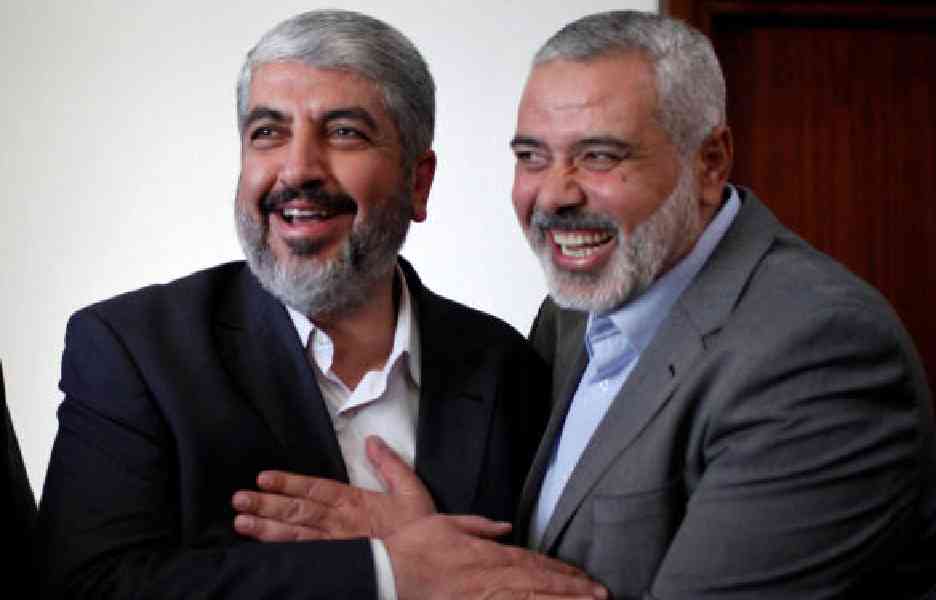Ismail Haniyeh, who was killed on Wednesday in Iran, was among the most senior members of Hamas’s leadership.
The group’s leadership structure is often opaque, but here is a look at what we know about some of Hamas’s most prominent leaders who are either believed to be alive or whose fate is unclear.
Yahya Sinwar
Sinwar helped establish Hamas in the late 1980s around the time of a Palestinian uprising against Israeli rule. He was arrested by the Israeli authorities several times, spending over 20 years in Israeli prison until he was released in a prisoner exchange in 2011.
After rising through Hamas’s ranks, he was elected its leader in Gaza in 2017. Israeli officials said that he was one of the leaders who had masterminded the October 7 attack, alongside Mohammed Deif.
Khaled Meshal
Born near the West Bank city of Ramallah, Meshal became the leader of Hamas’s political office in 1996, directing the group from exile. Two years later, Israeli agents injected him with a slow-acting poison in Jordan, sending him into a coma before he was saved by an antidote provided by Israel as part of a diplomatic deal with Jordan.
Meshal spent his career moving from one Arab nation to another, living in Kuwait, Jordan, Qatar and Syria.
Khalil al-Hayya
Al-Hayya, who lives in exile, has been a Hamas official for decades and is currently Sinwar’s deputy. He survived an Israeli assassination attempt in 2007, when an airstrike on his home in Gaza killed members of his family while he was not there.
Mousa Abu Marzouk
One of Hamas’s founders, Abu Marzouk started his political career in the UAE, where he helped found a branch of the Palestinian Muslim Brotherhood, from which Hamas was formed, according to the European Council on Foreign Relations.
He later went to the US, where he helped found Islamic institutions, including those focused on the Palestinian cause.
New York Times News Service










